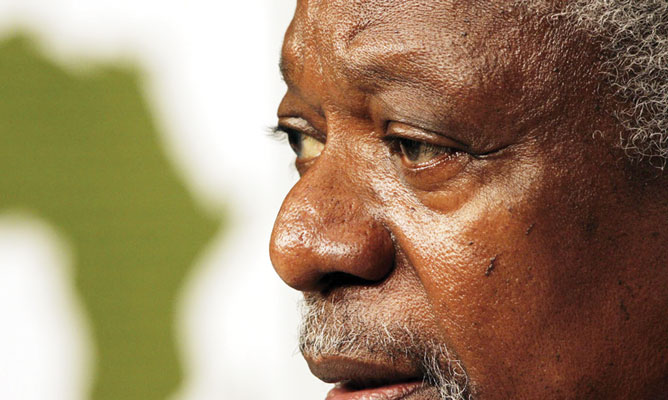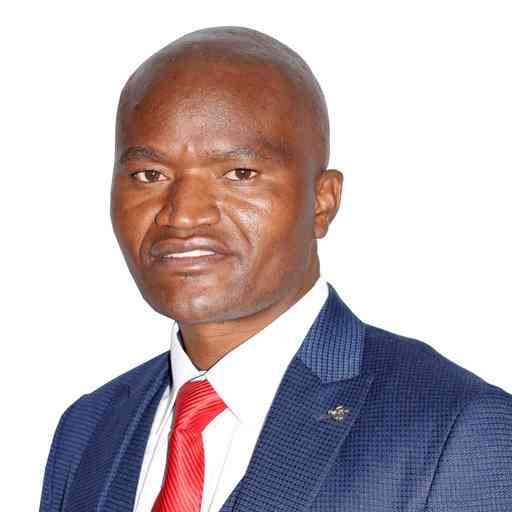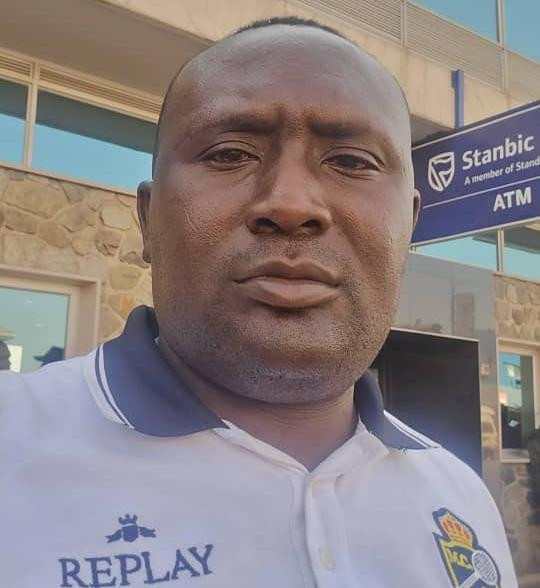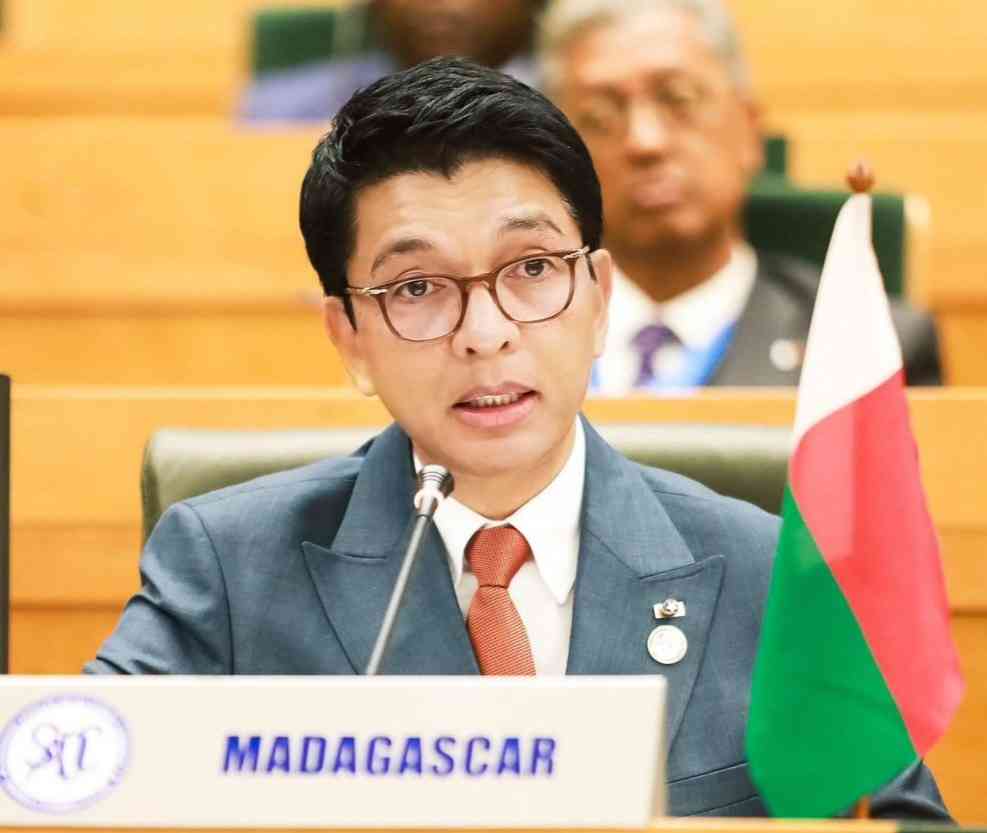
FORMER United Nations secretary-general Kofi Annan (pictured) has urged African leaders to leave office when their mandated time is up in order to avoid conflicts.
African Press Organisation/Staff Reporter
Annan told the African Press Organisation on the sidelines of the Fifth Tana High-Level Forum on Security in Africa, held in Ethiopia over the weekend, that African leaders who refuse to step down when their time is up and force constitutional changes to retain power, were the source of most political conflicts rocking the continent.
He also said Africa should avoid excluding opposing voices if elections are to cease contributing to conflicts on the continent.
His remarks are likely to infuriate long-serving leaders like President Robert Mugabe, Burundi’s Pierre Nkurunziza and Ugandan President Yoweri Museveni who have refused to step down despite concerns over electoral flaws, misgovernance and old age.
Zimbabwe’s neighbours —South Africa, Mozambique, Zambia, Botswana and Malawi — have routinely changed their leaders without hitches over the past three decades with Mugabe seeking to extend his stranglehold to 43 years in power if he wins the 2018 elections on a Zanu PF ticket.
The veteran Zanu PF politician, who will be 94 years old in 2018, has indicated he will not quit soon, but continue in office “for as long as I am still sane and fully bright in my mind”.
- Chamisa under fire over US$120K donation
- Mavhunga puts DeMbare into Chibuku quarterfinals
- Pension funds bet on Cabora Bassa oilfields
- Councils defy govt fire tender directive
Keep Reading
But, Annan said while unconstitutional changes of government on the continent had been reduced, exclusionary politics threatened to reverse the gains made.
“I think Africa has done well. By and large, the coups have more or less ended, generals are remaining in their barracks, but we are creating situations which may bring them back,” the Nobel Peace laureate said.
“If a leader doesn’t want to leave office, if a leader stays on for too long, and elections are seen as being gamed to suit a leader and he stays term after term after term, the tendency may be the only way to get him out is through a coup or people taking to the streets. Neither approach can be seen as an alternative to democracy, to elections or to parliamentary rule. Constitutions and the rules of the game have to be respected.”
Many African countries, the Democratic Republic of Congo, Rwanda and the turbulent Burundi included, have been plunged into crises after the respective incumbents Joseph Kabila, Paul Kagame and Nkurunziza made controversial constitutional changes to extend their mandates.
Annan, who was the keynote speaker at the forum this year, said winner-take-all approaches to elections on the continent had the effect of leaving out citizens for holding an opposing view, raising tensions around elections.
Annan, who chairs the Africa Progress Panel and the Nelson Mandela-founded The Elders grouping, said he had been the first to tell the African Union (AU) not to accept coup leaders among their midst [during an Organisation of African Unity heads of state summit in Lusaka in 2001].
Annan also said that solutions to the problems facing the continent must come from within.
However, the continent should build up its ability to do so, including financing its institutions.
“We cannot always pass a hat around and insist we want to be sovereign, we want to be independent. We should lead and get others to support us — that support will be much more forthcoming when they see how serious and committed we are.”
The AU has struggled to get members to pay their dues to allow it run its operations and programmes efficiently.
Annan said such budgetary concerns were constraining the work of the continent in strengthening stability and required creative ways of resourcing.
“I was happy to hear them [African leaders] say ‘we must be prepared to pay for what we want; we must be prepared to put out our own money on the table and fund issues that are of great importance to us.’”
The forum, now in its fifth year, is organised by the Institute for Peace and Security Studies of Addis Ababa University and chaired by former Nigeria President Olusegun Obasanjo.
It seeks to provide a platform for current and former leaders to interact with key stakeholders in an informal setting to tackle contemporary issues facing the continent.
Although the forum does not make binding political decisions, it is becoming an African “brand” of note where local solutions are innovatively explored as the region seeks to carve out its place in a global security architecture dominated by Western and emerging powers.
Leaders and experts at the Tana Forum also noted that the continent was not isolated.
“As Africa faces increasing security challenges, so does the rest of the world. The continent is well-placed to provide innovative solutions to these security challenges,” Obasanjo said.
Ethiopian Prime Minister Hailemariam Desalegn, Togo’s Faure Gnassingbe, Somalia’s Hassan Sheikh Mohamoud and Sudan’s Omar al Bashir were among the heads of state and government present.
Former leaders Thabo Mbeki of South Africa, Festus Mogae of Botswana, Joaquim Chissano of Mozambique, Pierre Buyoya of Burundi and Joyce Banda of Malawi were also in attendance.
“I think it is a very good idea that ex-leaders come together with current leaders to share experiences and try to talk very frankly about the challenges facing the continent and also about our relations with the international community,” Annan, who was attending the annual forum for the first time, said.












